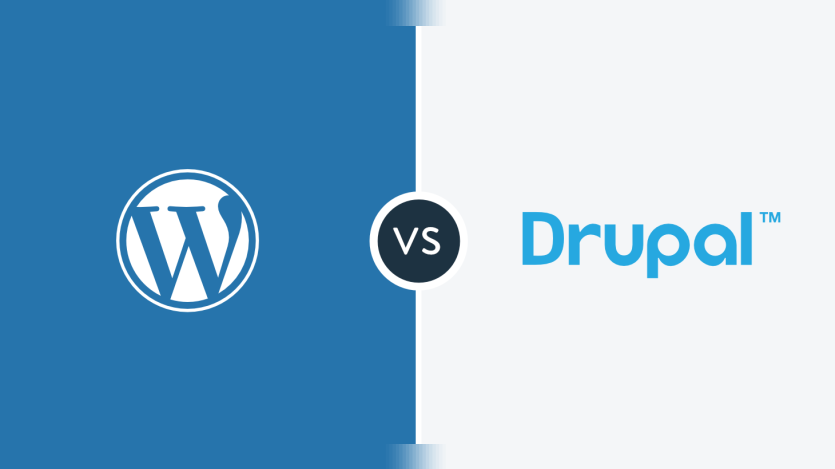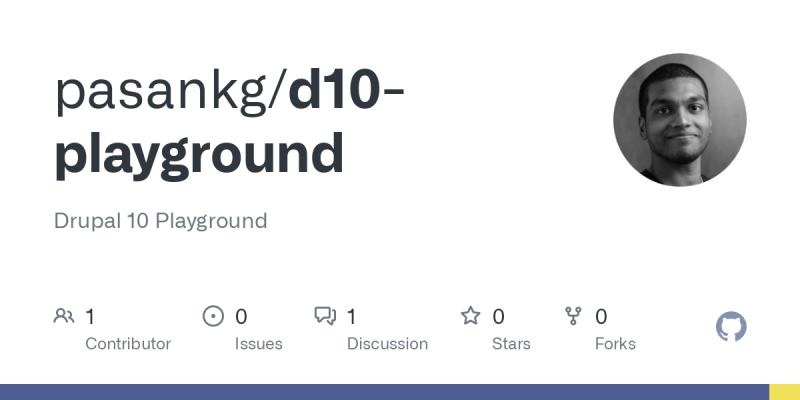Drupal vs. WordPress: Kwall Explores Key Differences
In the dynamic world of content management systems (CMS), Kwall, a leading technology blog, recently delved into the intricacies of two popular platforms: Drupal and WordPress. With both platforms commanding significant influence in the digital landscape, understanding their key distinctions is vital for ensuring the success of your website.
The blog post begins by highlighting the fundamental differences between Drupal and WordPress. While they may appear similar at first glance, the underlying variances have the potential to shape the trajectory of your website's success.
For those seeking unparalleled flexibility and freedom in website development, Drupal emerges as the optimal choice. Offering a metaphorical blank canvas, Drupal empowers users to create their digital masterpieces without limitations or constraints. From design aesthetics and layout to functionality and features, Drupal provides complete control over every aspect of a website.
The blog emphasizes Drupal's renowned modular and extensible architecture, which surpasses the limitations of WordPress. With its enterprise-grade capabilities, Drupal excels in managing high-traffic websites, complex architectures, and extensive content ecosystems. As organizations evolve and their digital demands expand, Drupal's robust framework proves indispensable.
While WordPress is widely recognized for its user-friendly interface and ease of use, Drupal shines in its ability to deliver granular control and customization options. Developers and site administrators leverage Drupal's powerful framework to tailor every facet of their websites.
The blog acknowledges the evolution of WordPress, which has transformed from a simple blogging platform into a versatile CMS powering millions of websites worldwide. However, it emphasizes that while WordPress remains popular for its user-friendly nature, it may not offer the same level of customization and control as Drupal. WordPress's non-custom themes may not fulfill the complex requirements of some websites.
Ultimately, the choice between Drupal and WordPress lies in the specific goals and requirements of each project. Those seeking complete control over website design and functionality will find Drupal to be the ideal solution. On the other hand, WordPress provides a simpler content creation platform for those focused on ease of use.
As businesses and developers navigate the vast CMS landscape, Kwall's comprehensive analysis offers valuable insights for making informed decisions about the right CMS to suit their unique needs.
Note: The vision of this web portal is to help promote news and stories around the Drupal community and promote and celebrate the people and organizations in the community. We strive to create and distribute our content based on these content policy. If you see any omission/variation on this please let us know in the comments below and we will try to address the issue as best we can.



















